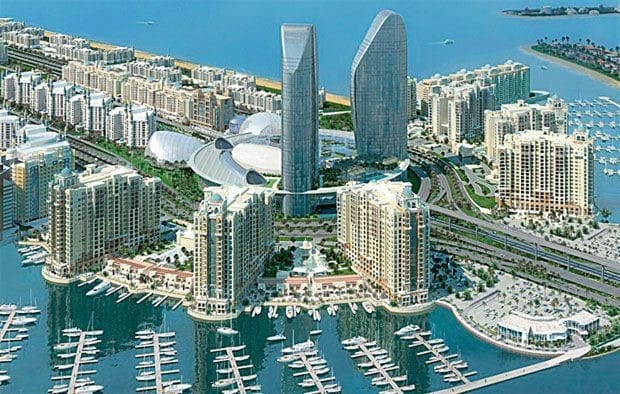The Changing Landscape of Real Estate Financing in the UAE
The UAE’s real estate market has grown rapidly over the past few decades, driven by a combination of foreign investment, population growth, and government policies. To support this growth, the real estate financing landscape in the UAE has evolved significantly, with new financing options and regulations emerging to meet the needs of developers, investors, and homebuyers.
One of the most significant developments in real estate financing in the UAE has been the emergence of Islamic finance. Islamic finance is based on the principles of Shariah law, which prohibits interest-based transactions and emphasizes risk-sharing and ethical investment. In the UAE, Islamic finance has become an increasingly popular option for real estate financing, with many banks offering Shariah-compliant mortgage products and other financing options.
Another important development in real estate financing in the UAE has been the rise of mortgage financing. In the past, it was difficult for homebuyers to obtain mortgages in the UAE, as banks were hesitant to lend to non-nationals and there were few regulations governing mortgage lending. However, in recent years, the government has introduced new regulations and initiatives to support mortgage financing, including the establishment of a mortgage finance company and the introduction of new mortgage products and incentives.
In addition to Islamic finance and mortgage financing, there are several other financing options available for real estate in the UAE. These include traditional bank loans, private equity and venture capital, and crowdfunding platforms. The availability and popularity of these financing options can vary depending on factors such as the size and type of real estate project, the creditworthiness of the borrower, and market conditions.
The regulatory landscape for real estate financing in the UAE has also evolved significantly in recent years. The UAE Central Bank has introduced a number of regulations aimed at promoting responsible lending and reducing the risk of defaults in the real estate sector. These regulations include limits on loan-to-value ratios, restrictions on interest rates and fees, and requirements for banks to conduct thorough credit checks and assessments.
Looking ahead, the evolution of real estate financing in the UAE is likely to be shaped by a range of factors, including changes in market conditions, advances in technology, and new regulations and policies. One trend that is likely to continue is the growth of Islamic finance, as more investors and homebuyers seek out Shariah-compliant financing options. Additionally, advances in technology may lead to the emergence of new financing models, such as peer-to-peer lending and blockchain-based platforms.
In conclusion, the evolution of real estate financing in the UAE has been shaped by a range of factors, from changing market conditions to government policies and regulatory frameworks. The emergence of new financing options, such as Islamic finance and mortgage financing, has helped to support the growth of the real estate sector, while new regulations and initiatives have helped to promote responsible lending and reduce the risk of defaults. As the market continues to evolve, it will be important for stakeholders to stay attuned to these trends and to develop innovative and sustainable financing strategies that meet the needs of developers, investors, and homebuyers.





